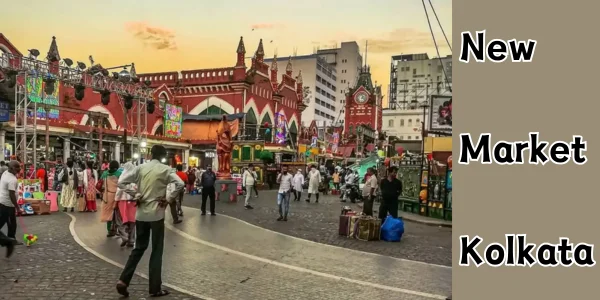India’s political landscape is rich with leaders whose influence has spanned decades. Among these, a few Chief Ministers stand out for their record-breaking tenures, shaping their states with transformative policies and unwavering leadership. These leaders have managed to sustain political relevance across years, some even decades, due to their vision, adaptability, and connection with the people. This article explores the top 10 longest-serving Chief Ministers in India and analyzes the significance of their contributions to Indian governance.
1. Pawan Kumar Chamling (Sikkim)
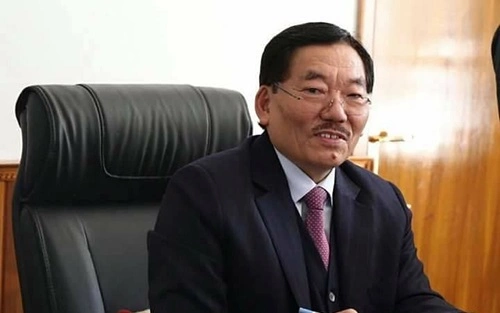
Tenure: December 12, 1994 – May 26, 2019 (Over 24 years)
Pawan Kumar Chamling holds the record as India’s longest-serving Chief Minister. Leading Sikkim for over 24 years, Chamling transformed the Himalayan state into a model of sustainable development. Under his leadership, Sikkim became the first Indian state to achieve 100% organic farming and garnered attention for its focus on environmental conservation. His party, the Sikkim Democratic Front (SDF), enjoyed significant electoral support due to his focus on rural welfare, education, and tourism. Despite facing political challenges toward the end of his tenure, Chamling’s governance is a case study in political longevity and effective administration.
2. Naveen Patnaik (Odisha)
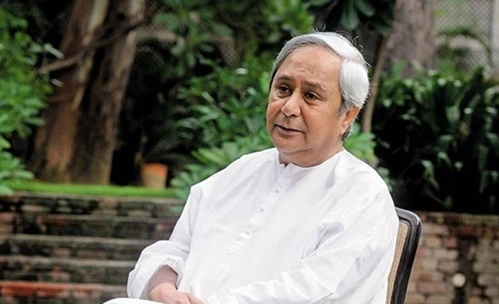
Tenure: March 5, 2000 – Present (Over 24 years)
Naveen Patnaik, the leader of the Biju Janata Dal (BJD), is a political phenomenon in Odisha. With over two decades in power, Patnaik has reshaped Odisha’s image from a disaster-prone state to one focused on development and resilience. His government is known for its effective handling of natural calamities, robust social welfare schemes, and infrastructure growth. Despite facing a language barrier (Patnaik learned Odia after entering politics), his clean image and effective governance have ensured his electoral dominance.
3. Jyoti Basu (West Bengal)
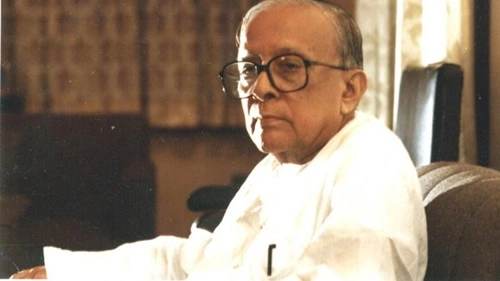
Tenure: June 21, 1977 – November 5, 2000 (Over 23 years)
A towering figure in Indian politics, Jyoti Basu led West Bengal for more than 23 years, making him one of the most influential leaders in the country’s history. His tenure as the leader of the Communist Party of India (Marxist) was marked by significant land reforms and the promotion of rural self-governance. Basu’s pragmatic approach to politics also earned him respect nationally, and he was considered for the Prime Minister’s post in 1996. His contributions to decentralization and grassroots empowerment remain landmarks in Indian governance.
4. Gegong Apang (Arunachal Pradesh)
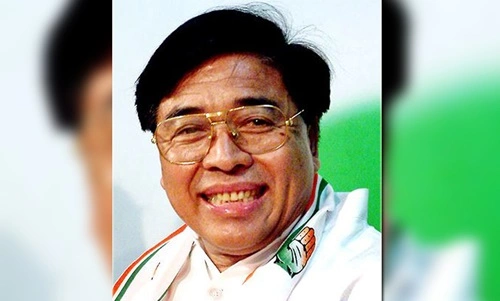
Tenure: Multiple terms totaling over 22 years
Gegong Apang’s tenure as Chief Minister of Arunachal Pradesh reflects his deep understanding of the state’s unique socio-political challenges. Leading the state for over 22 years across multiple terms, Apang worked towards integrating Arunachal Pradesh more closely with the national mainstream while preserving its cultural heritage. His governance emphasized infrastructure and education in a geographically challenging region.
5. Lal Thanhawla (Mizoram)
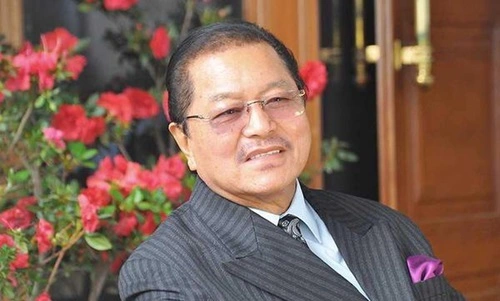
Tenure: Multiple terms totaling over 21 years
Lal Thanhawla played a pivotal role in Mizoram’s post-insurgency stabilization and development. Serving as Chief Minister for over two decades, he focused on peace-building, rural development, and fostering industries in the state. His leadership helped Mizoram emerge as a model for peaceful coexistence and steady growth.
6. Virbhadra Singh (Himachal Pradesh)
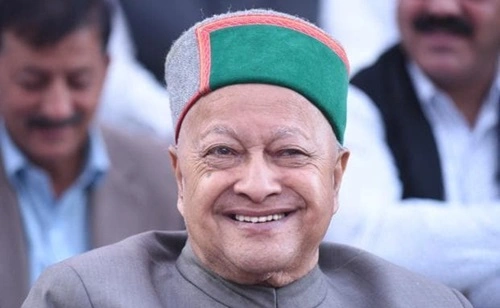
Tenure: Multiple terms totaling over 21 years
Virbhadra Singh, often called the “Raja of Himachal Pradesh,” left an indelible mark on the state’s politics. His tenure saw significant investments in tourism, education, and infrastructure. Singh’s ability to connect with voters across urban and rural areas ensured his electoral success and longevity.
7. Manik Sarkar (Tripura)
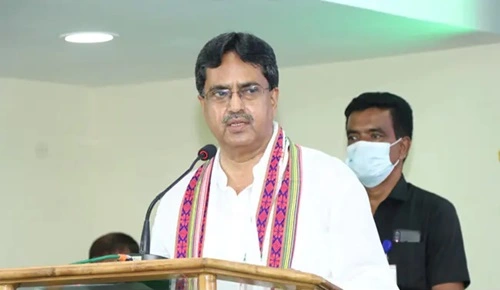
Tenure: March 11, 1998 – March 9, 2018 (20 years)
Known for his simplicity and clean image, Manik Sarkar led Tripura for two decades. Representing the Communist Party of India (Marxist), he focused on rural development, education, and health care, transforming Tripura into a stable state amidst political turbulence in the northeastern region.
8. M. Karunanidhi (Tamil Nadu)
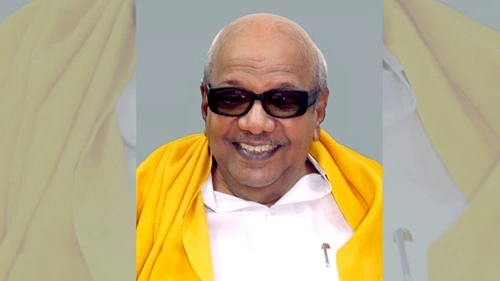
Tenure: Five terms totaling over 18 years
M. Karunanidhi, a leader of the Dravida Munnetra Kazhagam (DMK), was not only a political stalwart but also a prolific writer and cultural icon. His tenure as Tamil Nadu’s Chief Minister was marked by initiatives in social welfare, industrialization, and Tamil cultural pride. His influence in state politics spanned over five decades, making him one of the most enduring political leaders in India.
9. Parkash Singh Badal (Punjab)
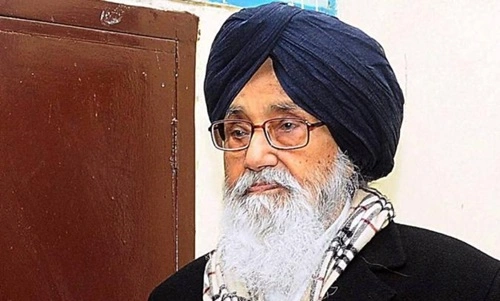
Tenure: Multiple terms totaling over 18 years
Parkash Singh Badal was a towering figure in Punjab’s politics, known for his advocacy of Sikh issues and rural development. As Chief Minister, he focused on agricultural reforms, rural infrastructure, and religious harmony. His leadership helped Punjab navigate complex political challenges, including the aftermath of insurgency.
10. Nitish Kumar (Bihar)
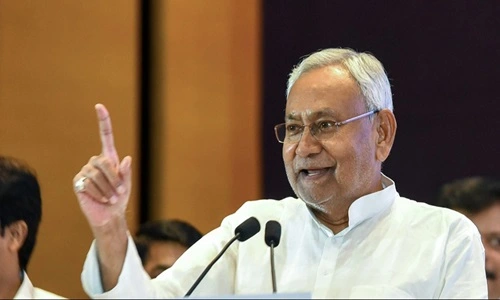
Tenure: Over 18 years across multiple terms
Nitish Kumar has transformed Bihar’s governance model through infrastructure development, law and order improvements, and social reforms. His emphasis on education, women’s empowerment, and electrification has significantly changed Bihar’s trajectory, earning him recognition as a champion of good governance.
Analysis: The Significance of Long Tenures
Political Stability and Continuity: Long-serving Chief Ministers bring stability, enabling sustained policy implementation and infrastructure development. For example, leaders like Naveen Patnaik and Jyoti Basu have shown how extended leadership fosters consistent governance.
Public Trust and Electoral Mandate: Sustained leadership reflects the ability to connect with diverse voter bases, adapt to changing political landscapes, and maintain public trust over decades.
Challenges of Longevity: However, long tenures can also lead to complacency, resistance to new ideas, and concerns over centralization of power. Balancing leadership longevity with democratic accountability is crucial for effective governance.
Legacy Building: Chief Ministers like Pawan Kumar Chamling and Jyoti Basu have left behind legacies that extend beyond their terms, influencing state and national politics.
Conclusion
The longest-serving Chief Ministers in India are testaments to the power of visionary leadership, political resilience, and public trust. Their extended tenures have allowed them to implement transformative policies, navigate challenges, and shape the trajectories of their states. While longevity in office is not without its challenges, these leaders have shown that sustained leadership, when coupled with adaptability and public service, can leave a profound impact on the socio-economic fabric of the nation.
As India continues to evolve politically, these leaders remain benchmarks of governance, demonstrating how long-term commitment can lead to lasting progress.
